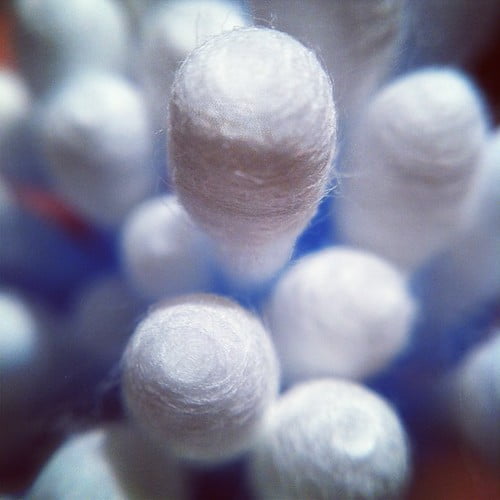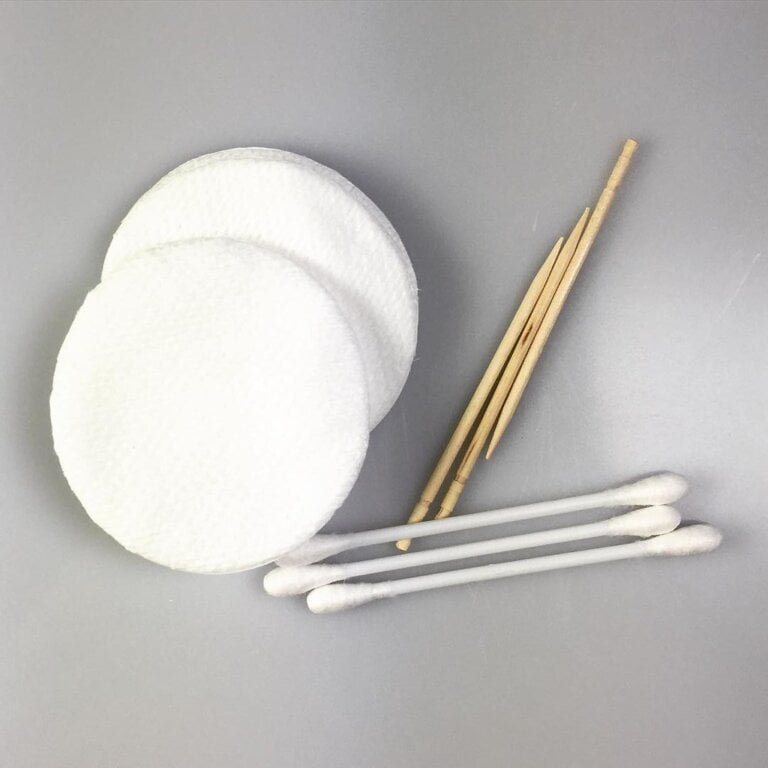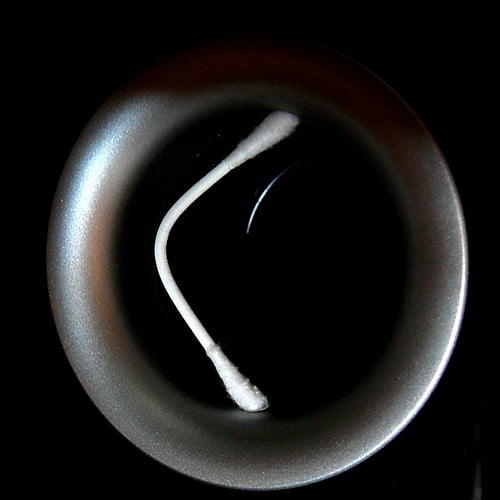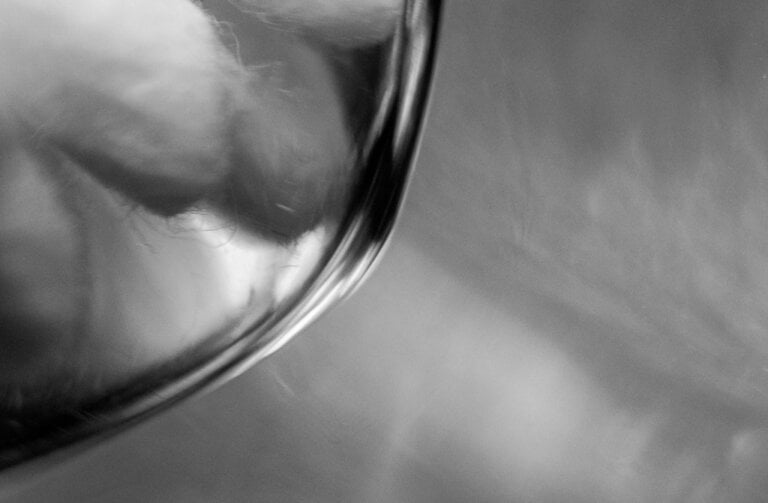Ear Pain, No Problem: Effective Home Treatments to Alleviate Discomfort
Last Updated on 25th April 2024 by Admin
Ear pain can be a distressing and uncomfortable experience. Whether it is caused by an infection, fluid accumulation, or simply due to pressure changes, finding relief is crucial. While professional medical help should always be sought in severe cases, there are several effective home treatments that can alleviate discomfort and promote healing. In this article, we will explore some simple yet effective remedies that you can try to find relief from ear pain.
Understanding Ear Pain
Before delving into the home treatments, it is important to understand the possible causes of ear pain. This will enable you to identify the underlying issue and choose the appropriate remedy. Here are some common causes of ear pain:
-
Ear Infections: Ear infections, such as otitis media or swimmer’s ear, can lead to intense pain and discomfort. These infections are often caused by bacteria or viruses and may require medical intervention. If left untreated, they can lead to complications such as hearing loss or the infection spreading to other parts of the ear. It is crucial to seek medical attention for proper diagnosis and treatment.
-
Eustachian Tube Dysfunction: The Eustachian tubes connect the middle ear to the back of the throat and help regulate pressure. Dysfunction in these tubes can cause pain and hearing difficulties. This can occur due to factors such as allergies, sinus infections, or a common cold. The Eustachian tubes can become blocked or swollen, leading to a feeling of fullness or discomfort in the ears. Identifying and addressing the underlying cause is essential for effective treatment.
-
Sinus Infections: Sinus infections can cause referred pain to the ears, resulting in discomfort and pressure. When the sinuses become infected or inflamed, they can put pressure on the surrounding structures, including the ears. This can lead to pain, a feeling of congestion, and even temporary hearing loss. Treating the sinus infection and managing symptoms can help alleviate ear pain.
-
Temporomandibular Joint (TMJ) Disorder: TMJ disorder can cause pain in the jaw joint, which can radiate to the ears and produce ear pain. The temporomandibular joint connects the jawbone to the skull, and any dysfunction or misalignment in this joint can result in ear pain. This can be due to factors such as teeth grinding, jaw clenching, or an injury to the jaw. Managing TMJ disorder through relaxation exercises, jaw stretches, and avoiding triggers can help reduce ear pain associated with this condition.
Effective Home Treatments for Ear Pain
Now that we have a basic understanding of the causes of ear pain, let’s explore some effective home treatments that can provide relief:
1. Warm Compresses
Applying a warm compress to the affected ear can help relieve pain and reduce inflammation. The warmth from the compress helps increase blood circulation and promote healing. To create a warm compress, soak a clean cloth in warm water, wring out the excess, and place it gently against the ear. You can also add a few drops of essential oils such as lavender or chamomile to enhance the soothing effect. Leave the compress in place for 10-15 minutes, repeating as necessary.
2. Over-the-Counter Pain Relievers
Non-prescription pain relievers, such as acetaminophen or ibuprofen, can be used to alleviate ear pain. These medications help reduce pain and inflammation in the ear, providing temporary relief. It is important to follow the recommended dosage and consult a healthcare professional if the pain persists or worsens. Avoid giving aspirin to children, as it can increase the risk of developing a rare but serious condition called Reye’s syndrome.
3. Garlic Oil
Garlic oil has natural antimicrobial properties and can help combat ear infections. It contains a compound called allicin, which has been shown to have antibacterial and antifungal effects. To make garlic oil at home, crush a clove of garlic and mix it with a carrier oil, such as olive oil. Gently warm the mixture over low heat for a few minutes, then strain out the garlic. Allow the oil to cool to room temperature and then apply a few drops to the affected ear. Repeat this process two to three times a day for several days to help relieve ear pain and fight infection.
4. Nasal Decongestants
If your ear pain is caused by a sinus infection or nasal congestion, using nasal decongestants can provide relief. These medications help reduce inflammation in the nasal passages, allowing the Eustachian tubes to function properly and alleviate pressure in the ears. It is important to follow the instructions on the packaging and consult a healthcare professional if symptoms persist or worsen. Nasal decongestant sprays should not be used for more than three consecutive days, as they can cause rebound congestion.
5. Saltwater Rinse
A saltwater rinse can effectively clear the Eustachian tubes and relieve ear pain. Mix half a teaspoon of salt with warm water and use a bulb syringe or neti pot to flush the solution through one nostril, allowing it to drain out through the other nostril. This technique helps remove excess fluid and mucus, promoting better drainage and reducing pain. It is important to use sterile water or saline solution to avoid introducing harmful bacteria into the nasal passages. If you are unsure about the proper technique, consult a healthcare professional.
6. Chew Gum
Chewing gum can help relieve pressure in the ears and alleviate discomfort caused by changes in air pressure, such as during flights or when traveling to high altitudes. The chewing motion helps equalize the pressure in the middle ear, reducing pain and the sensation of “popping” in the ears. Opt for sugar-free gum to avoid dental issues and choose a flavor that you enjoy to make the experience more pleasant.
7. Avoid Allergens
If your ear pain is related to allergies, it is important to identify and avoid potential allergens. Common allergens include dust, pollen, pet dander, and certain foods. Keep your environment clean by regularly dusting and vacuuming, and consider using air filters to minimize exposure to allergens. If you are unsure about your specific allergies, consult an allergist for testing and personalized recommendations. They can help you develop an allergy management plan to reduce the likelihood of ear pain.
8. Rest and Relaxation
Sometimes, ear pain can be exacerbated by stress and tension. Engaging in relaxation techniques, such as deep breathing exercises, yoga, or meditation, can help reduce overall stress levels and alleviate ear pain. These practices promote relaxation, improve blood circulation, and reduce muscle tension, which can indirectly alleviate ear discomfort. Consider incorporating these techniques into your daily routine to manage stress and promote overall well-being.
When to Seek Medical Attention
While these home treatments can provide relief for mild ear pain, it is important to seek medical attention in the following situations:
- Severe or persistent ear pain: If the pain is intense, lasts for more than a few days, or worsens over time, it may indicate a more serious underlying condition that requires medical intervention.
- High fever: A high fever, especially in combination with other symptoms such as ear pain, may indicate an infection that needs medical evaluation and treatment.
- Drainage or discharge from the ear: If you notice fluid or pus draining from the ear, it may indicate an infection or other ear-related issue that requires medical attention.
- Hearing loss or significant decrease in hearing: Sudden or significant hearing loss, along with ear pain, may be a sign of a more serious problem that needs prompt medical evaluation.
- Ear pain in children, especially infants: Children, especially infants, may not be able to communicate their symptoms effectively. If you notice ear pain or other concerning symptoms in a child, it is important to consult a pediatrician for proper evaluation and treatment.
In such cases, a healthcare professional will be able to accurately diagnose the underlying cause of the ear pain and provide appropriate treatment. They may conduct a physical examination, review your medical history, and order further tests if necessary.
Remember, while home remedies can offer temporary relief, they are not a substitute for professional medical advice. If you are unsure about the cause of your ear pain or if it persists despite home treatments, consult a healthcare professional for a proper evaluation and treatment plan. They can provide personalized recommendations based on your specific condition and help ensure your ear pain is effectively managed.
FAQ
Q: What are some common causes of ear pain?
A: Common causes of ear pain include ear infections, Eustachian tube dysfunction, sinus infections, and temporomandibular joint (TMJ) disorder.
Q: How can I relieve ear pain at home?
A: Some effective home treatments for ear pain include warm compresses, over-the-counter pain relievers, garlic oil, nasal decongestants, saltwater rinses, chewing gum, avoiding allergens, and practicing rest and relaxation techniques.
Q: When should I seek medical attention for ear pain?
A: It is important to seek medical attention for severe or persistent ear pain, high fever, drainage or discharge from the ear, significant hearing loss, or ear pain in children, especially infants.
Q: Are home remedies a substitute for professional medical advice?
A: No, home remedies can offer temporary relief but are not a substitute for professional medical advice. If your ear pain persists or you are unsure of the cause, it is important to consult a healthcare professional for proper evaluation and treatment.







